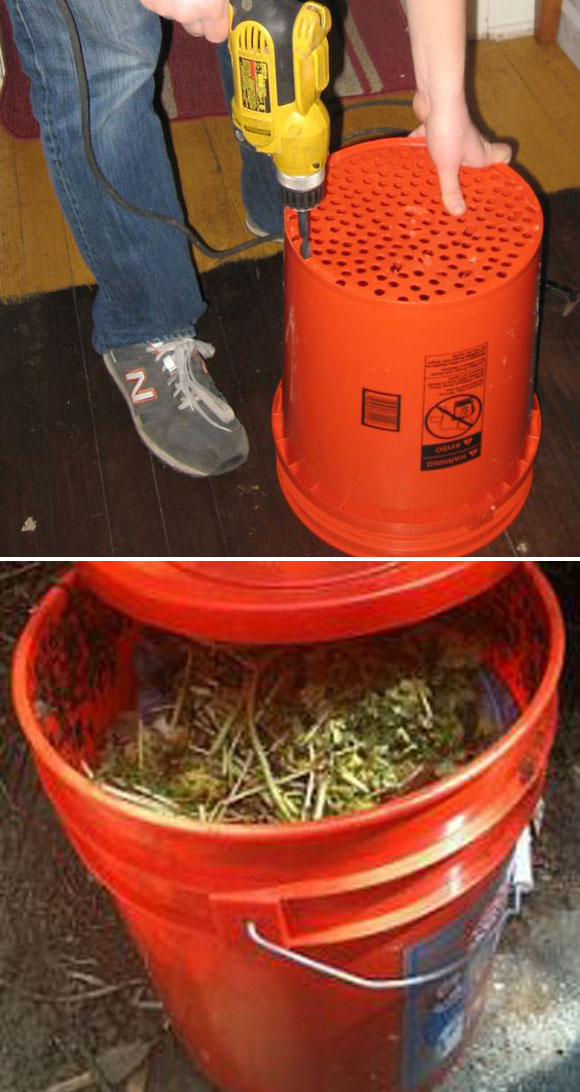DIY Composting, Boost Your Garden's Success

DIY Composting for High-Volume Garden Success
Ever dreamt of a lush, thriving garden that's the envy of the neighborhood? The secret to your green-fingered glory lies in the humble art of DIY composting. By transforming your organic waste into nutrient-rich gold, you're boosting your garden's success and giving Mother Nature a helping hand. Let's dive in!
Why DIY Composting?
Think of your garden as a hungry beast. To grow strong and healthy, it needs a balanced diet. That's where DIY composting comes in. It's like cooking up a nutritious stew for your plants, packed with essential minerals and nutrients.
Boosting Soil Health
Compost is nature's multivitamin for your soil. It improves structure, enhances water retention, and encourages earthworms and other beneficial organisms to move in. The result? A happy, healthy garden that produces bumper crops.
Reducing Waste
Every year, Americans toss out 267 million tons of trash. A significant chunk of that is organic waste that could be composting instead. By embracing DIY composting, you're not just feeding your garden; you're also reducing landfill waste and helping the planet.
Getting Started with DIY Composting
Ready to roll up your sleeves and get started? Here's a simple guide to help you on your DIY composting journey.
Choosing a Compost Bin
A compost bin isn't just a fancy trash can. It's a controlled environment where your organic waste can break down efficiently. You can buy one, build your own, or even go bin-less with a simple pile. The key is to keep it contained and well-ventilated.
The Magic Mix
Composting is all about balance. You need a mix of greens (nitrogen-rich materials like fruit scraps and coffee grounds) and browns (carbon-rich materials like dry leaves and cardboard). Aim for a ratio of about 3:1 browns to greens.
Moisture Matters
Water is the lifeblood of composting. Your pile should be as moist as a wrung-out sponge. Too dry, and it won't break down. Too wet, and it'll smell like a sewer. Keep an eye on it, and adjust as needed.
Turning Up the Heat
Aeration is key to speeding up the composting process. Turn your pile regularly to introduce oxygen and distribute heat. The higher the temperature, the faster your organic waste will transform into nutrient-rich compost.
Speedy Composting Tips
Patience is a virtue, but who wants to wait when there's a garden to feed? Here are some tips to speed up your DIY composting:
Chop It Up
Smaller pieces mean more surface area for bacteria to work on. Chop or shred your organic waste before adding it to the pile.
Keep It Hot
Insulate your compost bin to retain heat. This can be as simple as wrapping it in black plastic or straw bales.
Add Accelerators
Certain materials can kickstart the composting process. Coffee grounds, egg shells, and even urine (yes, you read that right) can all help speed things up.
Composting Controversies
DIY composting isn't all sunshine and roses. There are a few things to watch out for.
The Great Meat Debate
Meat and dairy products can attract pests and cause odors. Some composters swear by them, others avoid them like the plague. The choice is yours, but be prepared for the consequences.
Weed Seeds
Composting can kill weed seeds, but it can also spread them. If you're composting in place (adding materials directly to your garden), be mindful of what you're adding.
Using Your Compost
So, you've waited, turned, and waited some more. Finally, your DIY composting efforts have paid off, and you're left with a pile of nutrient-rich gold. Now what?
Work It In
Dig your compost into the top 6-8 inches of soil before planting. This gives your plants easy access to the nutrients they need.
Side Dressing
You can also use compost as a side dressing, scattering it around the base of your plants and gently working it into the soil.
Top Dressing
Spread a thin layer of compost on the surface of your soil to improve structure and add nutrients. This is especially useful in vegetable gardens.
Composting Resources
Feeling inspired? Ready to take your DIY composting skills to the next level? Check out these resources:
- The EPA's guide to composting at home
- The Righteous Guide to Composting by Amy D. Butler
- The Composting Revolution by Leslie Wright and Pat Lanza
Conclusion
DIY composting is more than just a way to reduce waste. It's a way to connect with nature, boost your garden's success, and create something truly valuable from something others would throw away. So, grab your gloves, start your pile, and watch your garden thrive!
FAQs
-
How long does it take to compost?
- It can take anywhere from a few months to a year, depending on your method and materials.
-
Can I compost in an apartment?
- Yes! You can use a small, contained bin or even a vermicomposting system with red wiggler worms.
-
What shouldn't I compost?
- Avoid meat, dairy, diseased plants, and invasive weeds. Also, never compost anything treated with pesticides or herbicides.
-
How do I know when my compost is ready?
- Your compost is ready when it's dark, crumbly, and smells like earth. It should be free of recognizable materials and have a consistent texture.
-
Can I compost in the winter?
- Yes, but the process will be slower. Keep your pile covered and insulated to retain heat.
0 Response to " DIY Composting, Boost Your Garden's Success"
Post a Comment